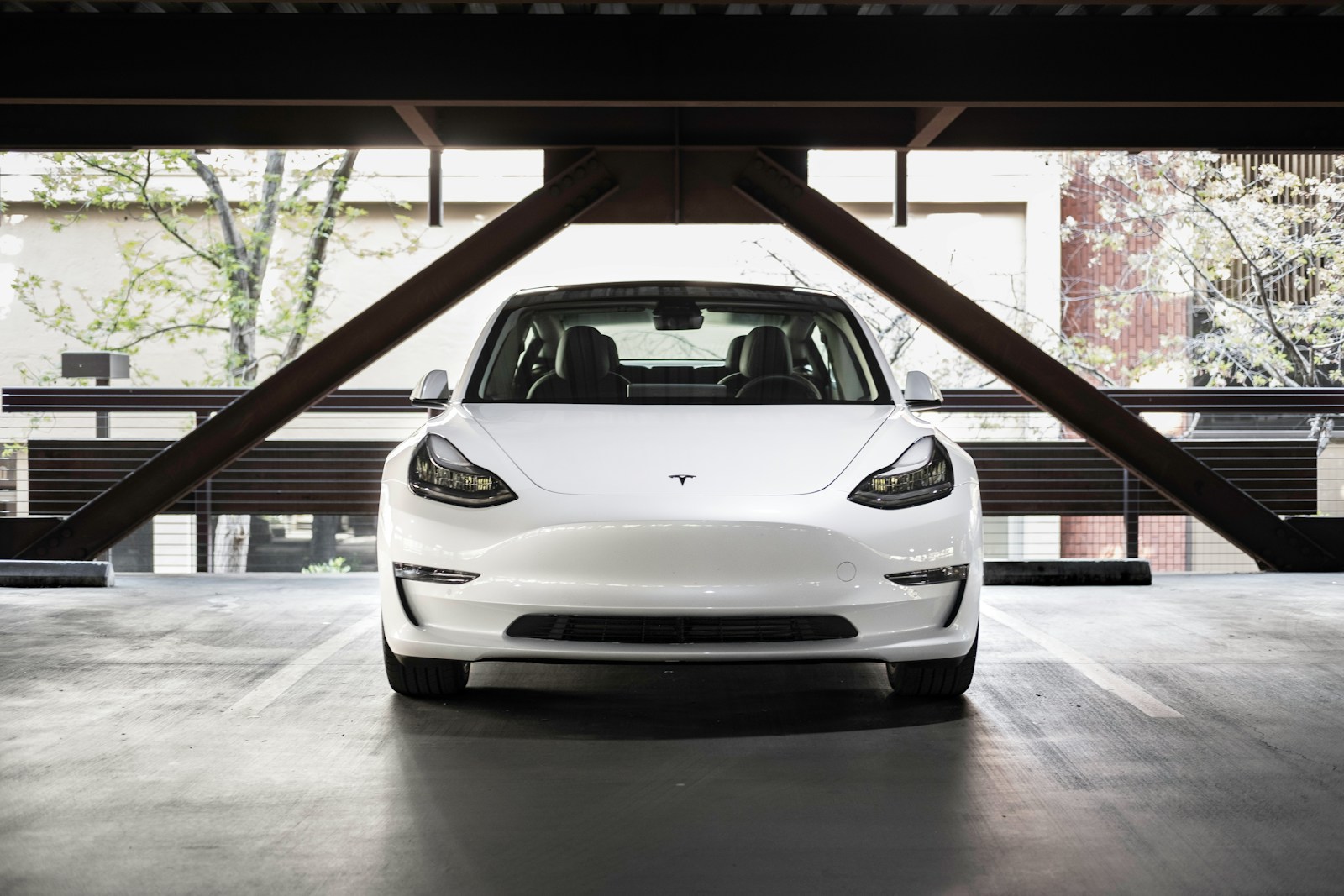
As electric vehicle (EV) sales continue to rise, some drivers are expressing dissatisfaction with specific models, claiming they do not justify their high price tags. This sentiment is significant as it may influence consumer decisions in a rapidly changing automotive market. With electric cars projected to represent 50% of new car sales by 2030, understanding which models are falling short of expectations is crucial for potential buyers.
1. Tesla Model 3 (2021)
The Tesla Model 3, despite its popularity, has received criticism from drivers who feel the performance does not align with its price, which starts at around $40,000. Many users report issues with build quality, including inconsistent panel gaps and paint imperfections. Additionally, some drivers have noted that while the range can reach up to 358 miles, real-world conditions often yield significantly less, leading to concerns about reliability and value.
2. Ford Mustang Mach-E (2021)
Ford’s Mustang Mach-E has made headlines for its striking design and innovative features, but some drivers argue that the starting price of approximately $44,000 is too steep for what it offers. Complaints frequently mention the infotainment system’s complexity, which can distract drivers and create frustration. Moreover, while the Mach-E boasts a range of up to 300 miles, several users report that the vehicle struggles in colder climates, reducing efficiency and making the price less appealing.
3. Volkswagen ID.4 (2021)
The Volkswagen ID.4, priced starting at about $40,000, has been touted as a practical electric SUV. However, some customers have reported that the vehicle’s interior quality does not match its price point. Issues such as hard plastics and a lack of advanced technology features compared to competitors like the Tesla Model Y have led owners to feel disappointed. With a range of around 260 miles, many believe that the ID.4 should offer more for its cost, especially given the growing competition in the EV market.
4. Nissan Leaf (2022)
The Nissan Leaf has been one of the longest-standing electric vehicles in the market, but its 2022 model, starting at approximately $28,000, faces criticism for lagging behind newer competitors. While it offers a decent range of around 226 miles, many drivers find the performance uninspiring and the technology outdated. As newer models, such as the Hyundai Kona Electric, offer more features at similar or lower prices, the Leaf is increasingly seen as not worth the investment.
5. BMW i3 (2021)
The BMW i3, with a starting price of about $44,000, has garnered a niche following but is often criticized for not delivering value. Despite its unique design and premium brand status, many drivers feel the small size and limited range of approximately 153 miles do not justify the cost. Additionally, the i3’s electric driving experience has been described as lacking compared to competitors, leading some to question whether they should have opted for a more feature-rich vehicle.
Conclusion: The Importance of Informed Decisions
As electric vehicles become more mainstream, it is essential for consumers to thoroughly research and assess their options. While the allure of driving an electric car can be strong, the experiences shared by current drivers of models like the Tesla Model 3, Ford Mustang Mach-E, Volkswagen ID.4, Nissan Leaf, and BMW i3 reveal that not all electric cars are created equal. Paying a premium does not always equate to superior quality or performance, making it critical for potential buyers to weigh their choices carefully.
Before making a purchase, consider reaching out to current owners, reading reviews, and conducting test drives. Understanding the real-world performance and reliability of these vehicles could save you from investing in a car that fails to meet your expectations. Stay informed and make educated decisions to ensure that your transition to electric driving is a positive one.
